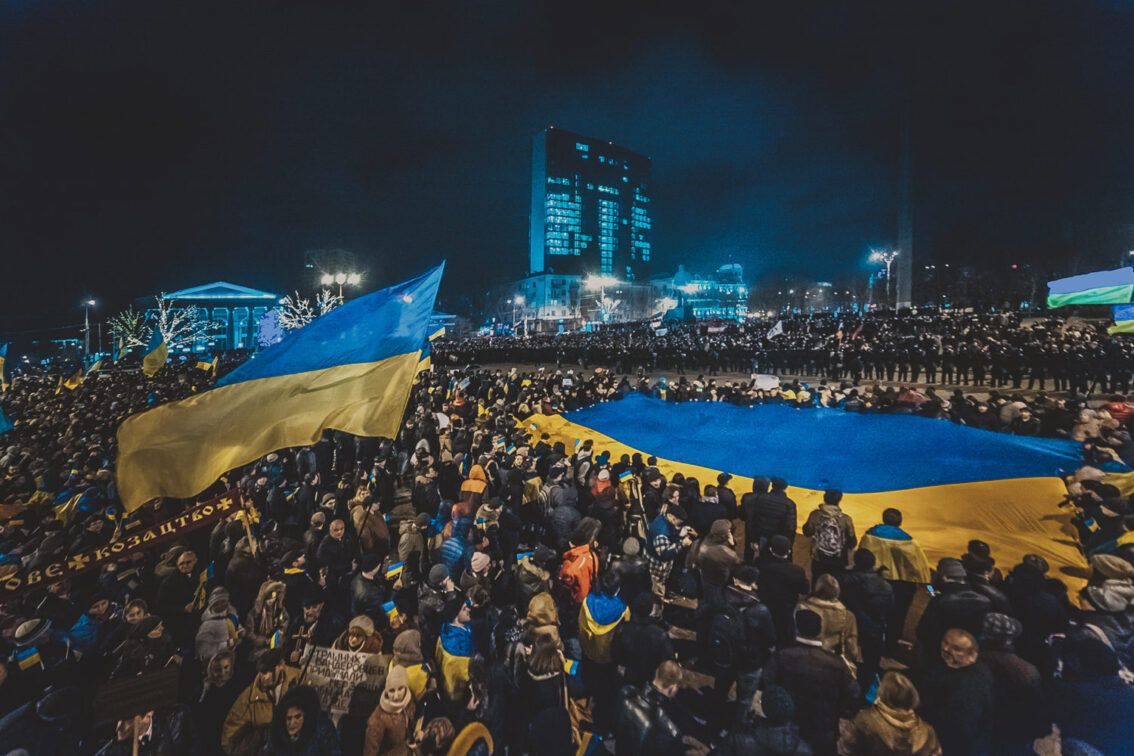Poll: 74% of Ukrainians against territorial concessions

Three-quarters of Ukrainians are against any territorial concessions in exchange for peace with Russia, according to a poll published by the Kyiv International Institute of Sociology (KIIS) on Dec. 14.
KIIS has asked Ukrainians about territorial concessions since May 2022, with respondents able to choose between three answers: that they would support Ukraine giving up its territory to achieve peace, that they would not support territorial concessions under any circumstances, or "hard to say.
The institute noted that since earlier in the year, there has been a slight decrease in those who say they are completely opposed to territorial concessions. In May 2023, 84% were completely opposed to territorial concessions.
There was a corresponding increase in those who say they are ready for territorial concessions, rising from 10% in May, to 14% in October, to 19% in December 2023.
Before May 2023, the percentage of respondents who said they were ready for territorial concessions remained "relatively stable," at around 8-10%.
The number of those who responded "it is hard to say" has remained stable since the survey began at 5-8%.
The poll also revealed regional differences, with those in the south and east of Ukraine, the regions closest to the front line, reporting slightly lower rates of opposition to territorial concessions, at 67%.
The central regions of Ukraine reported the highest rate of opposition to territorial concessions, at 78% of those polled, followed by respondents in the west of Ukraine, at 77%.
93% of respondents who are completely against territorial concessions believe sufficient help from the West would mean Ukraine will achieve success.
Those supporting territorial concessions in exchange for peace are less optimistic, but 71% still believe adequate help from the West would help Ukraine.
In case of a significant reduction in aid from the West, 69% of those who are ready for territorial concessions would "consider it expedient to stop hostilities," given Ukraine receives "serious security guarantees" from the West.
Just 22% of those who are not ready for territorial concessions would support hostilities ending if the West significantly reduces aid.
The survey had 1,031 respondents living across Ukraine, except Russian-occupied Crimea and parts of Donetsk and Luhansk oblasts that had been occupied by Russia since 2014.














